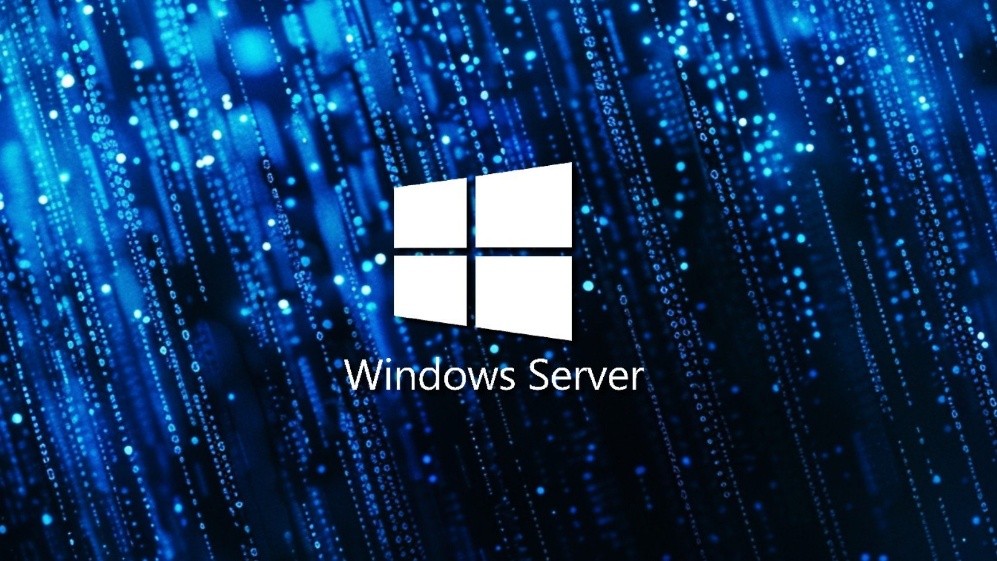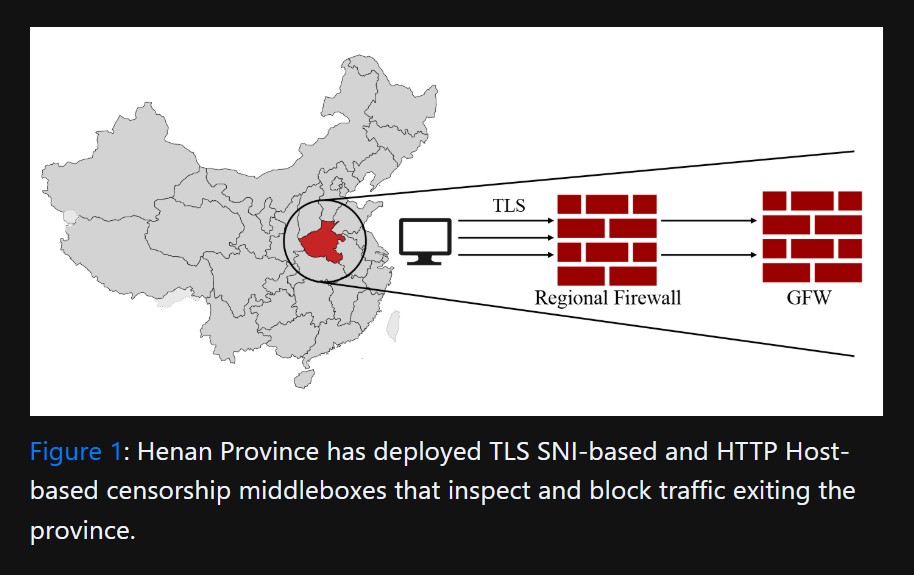Vodafone expresses strong support for the growing private 5G sector
The private network sector saw a shakeup this week with Amazon Web Services (AWS) pulling the plug on its Private 5G platform, underscoring the complex challenges involved in making headway in this space. Despite this setback, telecom operators are doubling down, with some highlighting the ongoing potential role of hyperscalers in supporting enterprise adoption of private network solutions.

Figure 1.growing private 5G sector.
AWS had announced its ambitious Private 5G initiative in late 2021, launching the commercial platform the following year. The vision was to leverage its extensive cloud infrastructure experience—already proven in smaller enterprise 5G deployments—to make inroads into the private network market. However, unlike its partnerships in commercial 5G, AWS found itself grappling with the intricacies of network management, a task that proved to be its downfall. Figure 1 shows growing private 5G sector.
David Joosten, Vodafone’s Business Director for the Americas and Partner Markets, acknowledged that the private network sector has yet to fully live up to its early hype. Many mobile private network (MPN) trials and proof-of-concepts (PoCs) have failed to transition into full-scale commercial deployments.
“Until about a year ago, MPNs were known for endless PoCs—some succeeded, others didn’t—and many never made it to industrial-scale production,” Joosten said. However, he sees positive momentum taking hold. “Over the past several months, I’ve definitely noticed more traction with the technology,” Joosten noted.
Ericsson’s CFO Lars Sandstrom supported this sentiment during a recent earnings call, highlighting a 19% growth in sales of its enterprise wireless solutions, driven by strong demand for private 5G and neutral host services.
A key factor behind this uptake is enterprises’ growing recognition of 5G’s ability to support advanced applications beyond what Wi-Fi offers, along with the global expansion of use cases that make large-scale deployments viable.
“We’re seeing multi-country deployments now, which helps justify the investment,” Joosten said. “Still, to make these investments pay off, companies need to identify multiple valuable use cases across their operations—something that remains a constant requirement.”
Who’s Best Positioned to Lead?
Joosten believes telecom operators like Vodafone are naturally suited to lead in this space.“I’ve always believed telcos should take charge of private networks,” he said. “Managing mobile networks is part of our core DNA—whether it’s Vodafone or another carrier.”
One of the biggest challenges in private network deployment is managing spectrum—a task AWS cited as particularly problematic. Some governments offer quasi-licensed spectrum bands enterprises can lease, but the viability of such models is still debated.
In contrast, operators are leveraging their own licensed spectrum, including mmWave bands, to power private networks. That said, Joosten acknowledges there’s still room for other players. Vodafone, for instance, avoids involvement in application-layer development.
“We don’t do application integration,” he explained. “We handle everything from network provisioning to managed services, but customers must source software or specific hardware solutions themselves.”
To help bridge the gap between networks and applications, Vodafone and other major operators are participating in a new for-profit venture launched last year. This initiative, involving Ericsson and Google Cloud, focuses on developing APIs to streamline integration and expand services.
Joosten also sees value in hyperscalers playing a role—particularly at the edge. “We’ve worked with AWS on edge deployments where apps hosted in the hyperscaler’s environment use MPNs. It makes sense in scenarios like streaming or live sports,” he said.
Other telecom giants are also embracing the convergence of private networks and edge computing. Verizon CEO Hans Vestberg recently told investors that private networks are becoming integral to expanding edge capabilities. “With genAI and enterprise applications needing secure, cost-effective local processing, edge infrastructure—often tied to private 5G—is critical,” Vestberg said. “We may have been early on mobile edge compute, but it’s paying off now.”
Joosten concluded that the growing maturity of the market is helping clear the noise and driving adoption forward. “Unlike in the early days, when everyone claimed to have the best MPN solution, things have become more focused. That maturity is definitely accelerating adoption,” he said.
Reference:
- https://www.sdxcentral.com/news/vodafone-voices-voracious-support-for-maturing-private-5g-space/
Cite this article:
Keerthana S (2025), Vodafone expresses strong support for the growing private 5G sector, AnaTechMaz, pp. 176.















